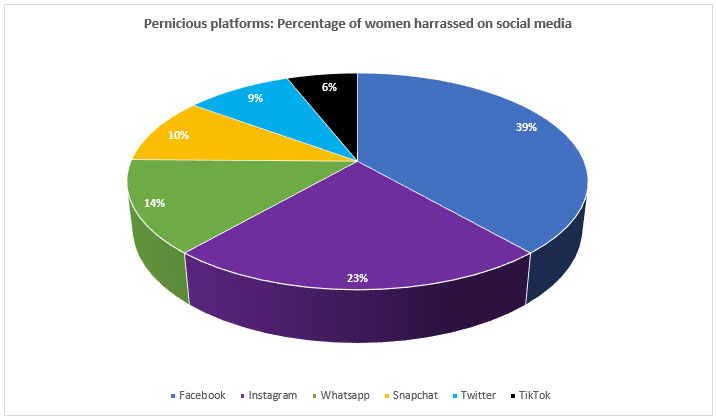A groundbreaking study by researchers at the University of Edinburgh has revealed that more than 300 million children worldwide fall victim to online sexual exploitation and abuse each year. This figure, representing about one in eight children globally, underscores the urgent need for comprehensive measures to combat this pervasive issue.
Scale of the Problem
The research, conducted by the university’s Childlight Global Child Safety Institute, estimates that around 302 million young people have experienced non-consensual taking, sharing, and exposure to sexual images and videos over the past 12 months. This disturbing trend highlights the vast scale of online abuse affecting children and teenagers worldwide.

Nature of Offences
The types of offences vary widely, ranging from sextortion—where perpetrators extort money from victims by threatening to release their private images—to the misuse of artificial intelligence (AI) technology to create deepfake videos and images. Solicitation, including unwanted sexting and sexual requests by adults or other youths, has also been reported at similarly alarming rates.

Geographic Hotspots
While the problem is global, the research indicates that the United States is a particularly high-risk area. In the U.S., one in nine men admitted to some form of online offending against children. This statistic points to the need for targeted interventions and stricter enforcement of online safety regulations.

Expert Commentary
Paul Stanfield, Chief Executive of Childlight, emphasized the severity of the issue, describing it as a “global health pandemic that has remained hidden for far too long.” Stanfield called for a coordinated international response to address the exponential growth of online child exploitation and abuse.
“Child abuse material is so prevalent that files are reported to watchdog and policing organizations once every second,” Stanfield noted, illustrating the overwhelming volume of incidents being detected.
Rising Threats and Police Alerts
The report follows recent warnings from UK police about criminal gangs in West Africa and Southeast Asia targeting British teenagers through sextortion scams. These scams, which have been increasing globally, particularly affect teenage boys. Perpetrators often pose as peers on social media, moving to encrypted messaging apps to elicit intimate images from their victims before making blackmail demands.
Britain’s National Crime Agency (NCA) has responded by issuing alerts to hundreds of thousands of teachers, urging them to be vigilant about the threats their students might face. The NCA’s warning highlights the rapid escalation of these scams, with blackmail demands often made within an hour of initial contact. The primary motivation of these scammers is financial extortion rather than sexual gratification.

Call to Action
The study’s findings underscore the critical need for a unified global response to combat online sexual exploitation and abuse of children. Strengthening legal frameworks, enhancing international cooperation, and increasing public awareness are essential steps in addressing this growing crisis.
Governments, law enforcement agencies, tech companies, and civil society must collaborate to create safer online environments for children. Investing in advanced detection technologies, supporting victims, and educating young people about online safety are crucial components of a comprehensive strategy to protect the world’s children from this pervasive threat.
The University of Edinburgh’s study provides a stark reminder of the vulnerabilities children face in the digital age. With over 300 million children affected annually, the scale of online sexual exploitation and abuse demands immediate and sustained action to ensure a safer future for young people worldwide.



















